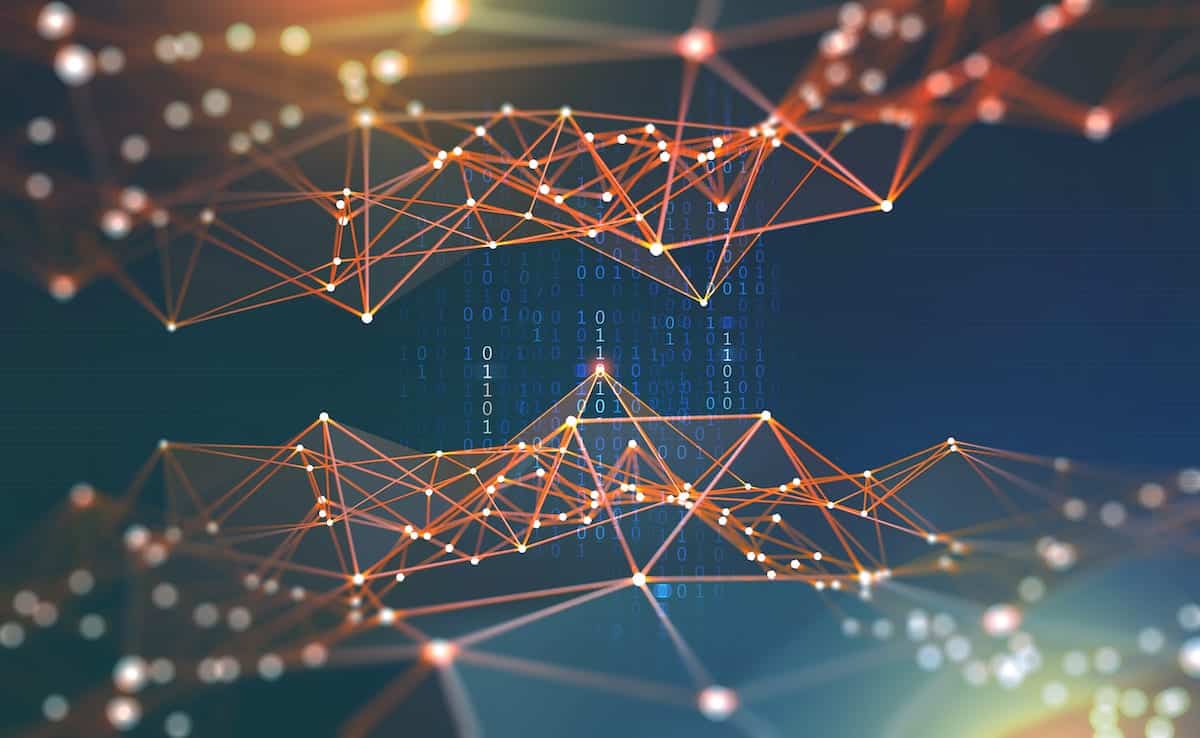Artificial Intelligence (AI) is a fast-evolving technology, gaining popularity all around the world. Several industries have already adopted AI for various applications, getting better and smarter day by day. In the past few years, the banking sector has also become one of the leading adopters of Artificial Intelligence. Most banks and financial institutions are implementing AI to add more efficiency to their back-office and lessen security risks.
As per Statista, the AI market in the United States is forecasted to reach 7.35 billion U.S. dollars in 2018. Some major applications of AI include classification, image recognition, object identification, and automated geophysical feature detection. Speaking of banking and financial institutions, JPMorgan Chase, Wells Fargo, Bank of America, CitiBank, and other leading U.S. banks have already implemented AI in their systems, helping consumers manage their daily banking needs more efficiently.
Let’s find out how AI can intensify banking sector.
Pros of AI in Banking
Better Customer Support
Several pieces of evidence advocate that the customers willingly prefer self-service options which allow them to chat with a virtual assistant as if it were a live customer representative. Most leading banks have already added virtual assistants to their instant website chatbots, voice response systems, and mobile applications. Artificial Intelligence considers each interaction as a teachable moment, so the chatbots (virtual assistants) keeps getting better while understanding customers. With AI, virtual assistants can deliver better customer support. It also allows sentiment analysis, so the virtual assistant can determine when individuals are getting frustrated and instantly transfer them to a live agent.
Enhanced Banking Services
AI streamlines the banking process while giving customer service a new level of comfortability. It allows banks to meet customers’ expectations with comprehensive digital support. With Artificial Intelligence, you can achieve greater precision and accuracy. From cash transfer to bills payment, cards management, and other support, AI can significantly enrich the satisfaction level of your customers. All of these operations can be easily managed through desktops, smartphones, and other mobile devices.
Scam Recognition
With an immense growth of banking fraud, scam recognition and reduction has become challenging for the banking sector. Several banks tried to identify the factors and powerful solutions but couldn’t succeed. However, AI makes it easier to detect the factors involved in frauds and support investigators. It improves financial security with advanced fraud prevention tactics. Artificial Intelligence works as a real-time scam solution for the banking sector while handling complex situations and tactics. Based on advanced data crunching, AI can detect fraud by flagging unusual transactions. It also feeds back into the consumer’s profile which subsequently builds a secure environment.
Advanced Data Analytics
One of the main advantages of AI is its ability to complete tedious tasks through intricate automation, resulting in better productivity. Based on a machine learning algorithm, AI can quickly consume and process a massive amount of data at an expedited level. The enormous speed brings efficiency to financial services, providing scope for personalized offerings to consumers. What’s even more, AI makes faster decisions while carrying out actions quickly.
With such advantages, it is nearly obvious that the majority of banks and financial institutions will adopt AI to stay competitive and deliver better customer support. However, several cons are also associated with a machine learning algorithm. As it continues to learn and grow, the decision-making capabilities may create problems in the near future.
Cons of AI in Banking Sector
Artificial intelligence is also expected to massively disrupt banks and traditional financial services. Some of its disadvantages are listed below.
Highly Expensive
Production and maintenance of artificial intelligence demand huge costs since they are very complex machines. AI also consists of advanced software programs which require regular updates to meet the needs of the changing environment. In the case of critical failures, the procedure to reinstate the system and recover lost codes may require enormous time and cost.
Bad Calls
Though Artificial Intelligence can learn and improve, it still can’t make judgment calls. Humans can take individual circumstances and judgment calls into account when making decisions, something that AI might never be able to do. Replacing adaptive human behavior with AI may cause irrational behavior within ecosystems of humans and things.
Distribution of Power
There is a constant fear of AI superseding or taking over the humans. Artificial intelligence can give a lot of power to the few individuals who are controlling it. Hence, AI carries the risk and takes control away from humans while dehumanizing actions in several ways.
Unemployment
Replacement of the workforce with machines can lead to wide-reaching unemployment. Moreover, if the use of AI becomes rampant, people will be highly dependent on the machines and lose their creative power. Unemployment is a socially undesirable issue. Individuals with nothing to do can lead to the devastating use of their minds. Be it banking or any other sector; Artificial intelligence can effectively increase the unemployment rate.
Artificial Intelligence delivered to wrong hands can turn out to be a serious threat to humankind. If individuals start thinking destructively, they can generate havoc with these advanced machines.
The challenges introduced by the emergence of artificial intelligence revolve around several things. However, AI is a right balance of skill and emotions which is continually growing. Artificial intelligence provides banks, financial institutions, and tech companies with significant competitive advantages. Nevertheless, it can completely transform the financial sector and make it faster, but this will only be possible if the financial industry can manage the security risk of systems based on AI.

